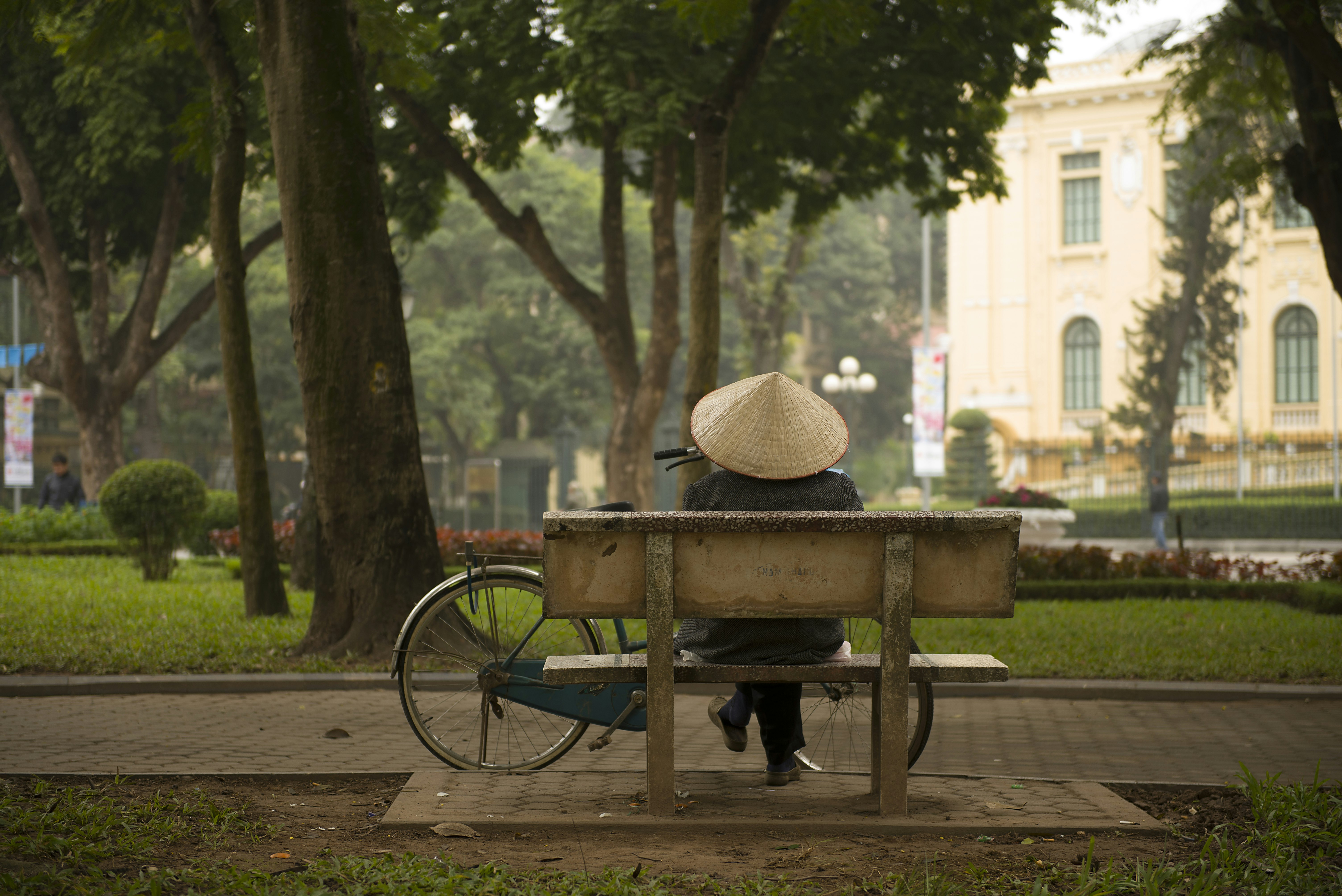
Video games are fun, and they won’t cause harm to your kid’s mental development. Of course, moderation is key since it’s good to experience a multitude of things to do; however, the evidence that video games themselves harm development just isn’t there. So play video games and let your kid play video games.
It is currently the summer so perhaps you should play outside for now though.
“Overall, neither duration of play nor choice of video game genres had significant correlations with the CogAT measures. That result shows no direct linkage between video game playing and cognitive performance, despite what had been assumed,” said May Jadalla, professor in the School of Teaching and Learning at Illinois State University and the study’s principal investigator.
But the study revealed another side of the issue, too. Certain types of games described as helping children build healthy cognitive skills also presented no measurable effects, in spite of the games’ marketing messages.
“The current study found results that are consistent with previous research showing that types of gameplay that seem to augment cognitive functions in young adults don’t have the same impact in much younger children,” said C. Shawn Green, professor in the Department of Psychology at the University of Wisconsin-Madison.
 Kids need places to play, and those playgrounds need to encourage community, exploration, and more. Designing a good playground can be harder than it sounds, it’s not as easy as putting a slide in a park and hoping that’s enough. A good playground has risk and challenges the players.
Kids need places to play, and those playgrounds need to encourage community, exploration, and more. Designing a good playground can be harder than it sounds, it’s not as easy as putting a slide in a park and hoping that’s enough. A good playground has risk and challenges the players.
